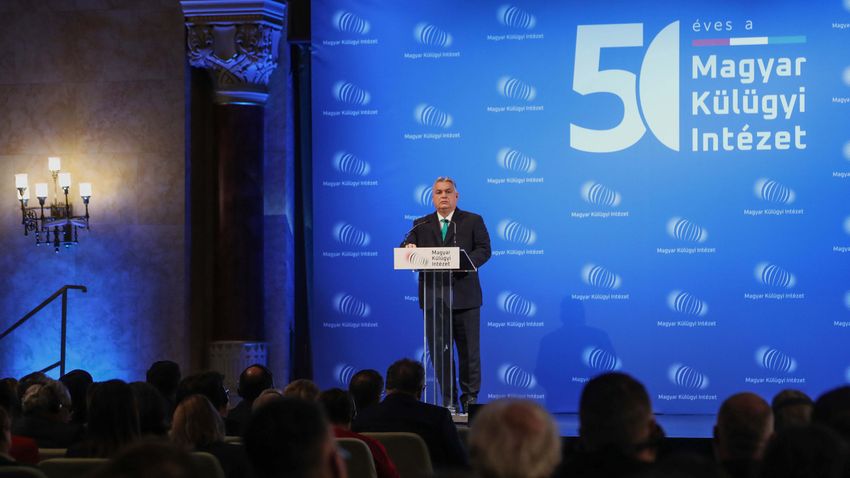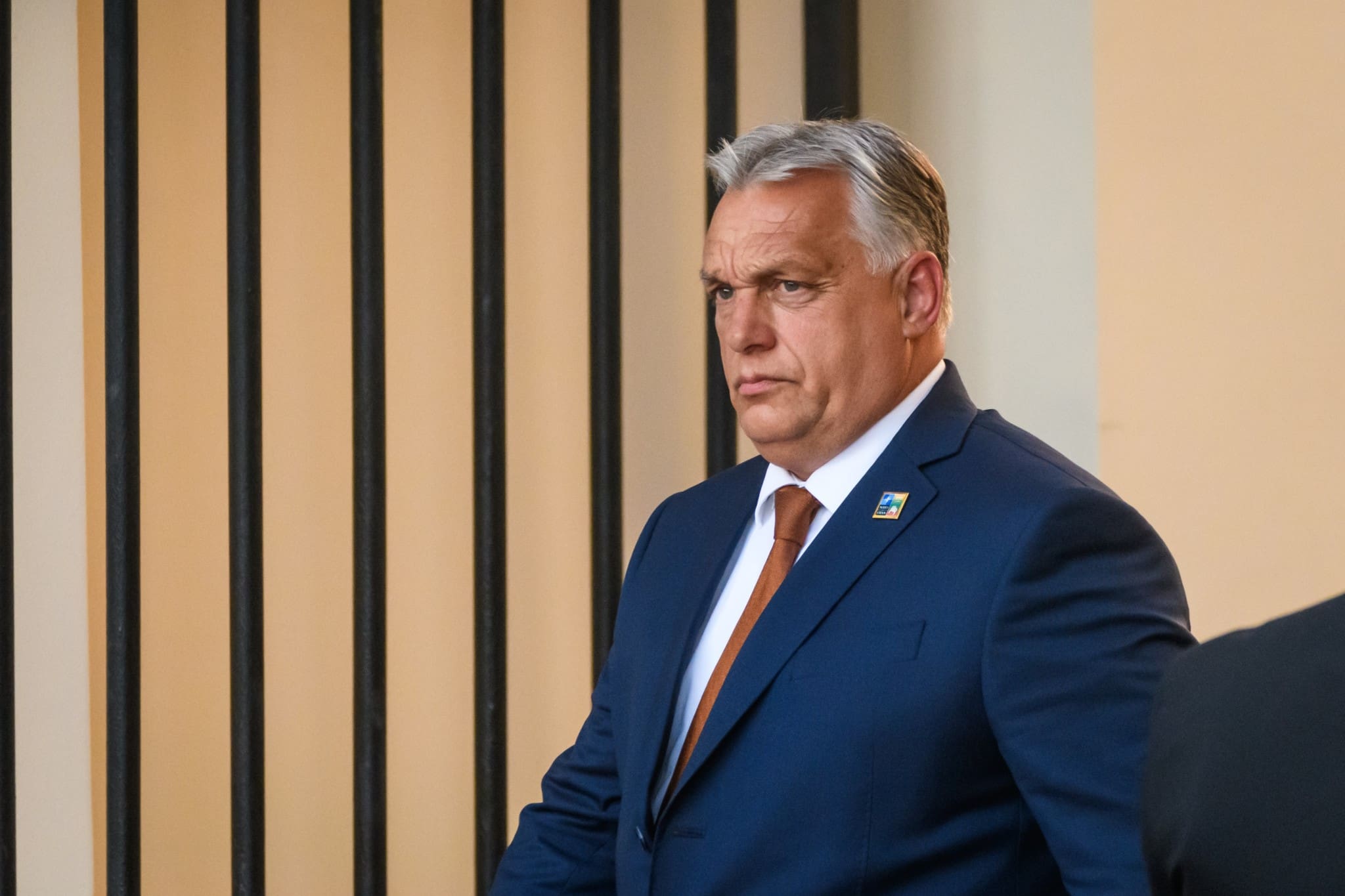Hungary must pursue a radical foreign policy with major goals and valid visions, Prime Minister Viktor Orbán said at a conference commemorating 50 years of the Hungarian Institute of Foreign Affairs.
“Hungary does not want to be a disciple of another power, but a master of itself,” Orbán said. “To be successful, we must also take a radical tactical stance because that is how we can give ground in a negotiation. Radical in the Hungarian language is perhaps different from most Western languages, it means to take a radical position that gets to the heart of the matter: Hungarian radicalism is a phenomenon of an intellectual nature.”
The Hungarian prime minister noted that he is not enthusiastic about either value or interest-based foreign policy. According to him, a foreign policy based on national interest combines the best parts of a value-based and an interest-based foreign policy.

“A foreign policy based on national interest brings together the best virtues of realism and idealism,” he said. “The word ‘national’ is a substantive word, it refers to the idealist, and ‘interest’ refers to a realist approach, which requires a particular way of thinking.”
A national, interest-based foreign policy can never be dogmatic, nor can it become so, Orbán argued. “The most important task is to recognize and grasp what the national interest is in every situation and to act on that basis.”
Orbán said that while Hungary is not a major power, it cannot be an “easy-going” partner on the international scene but must assert its own interests.
“We are not a great power, yet we claim our own foreign policy and we expect others, even those bigger than us, to accept this claim,” the prime minister said.
“History has condemned Hungary to set itself more ambitious goals than its strength or economic situation could allow. For this reason, it cannot afford to forego the opportunities of foreign policy, but the reins of foreign policy in such countries must be held tight,” Orbán said.






